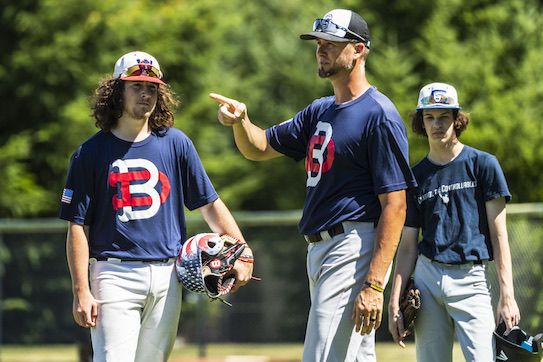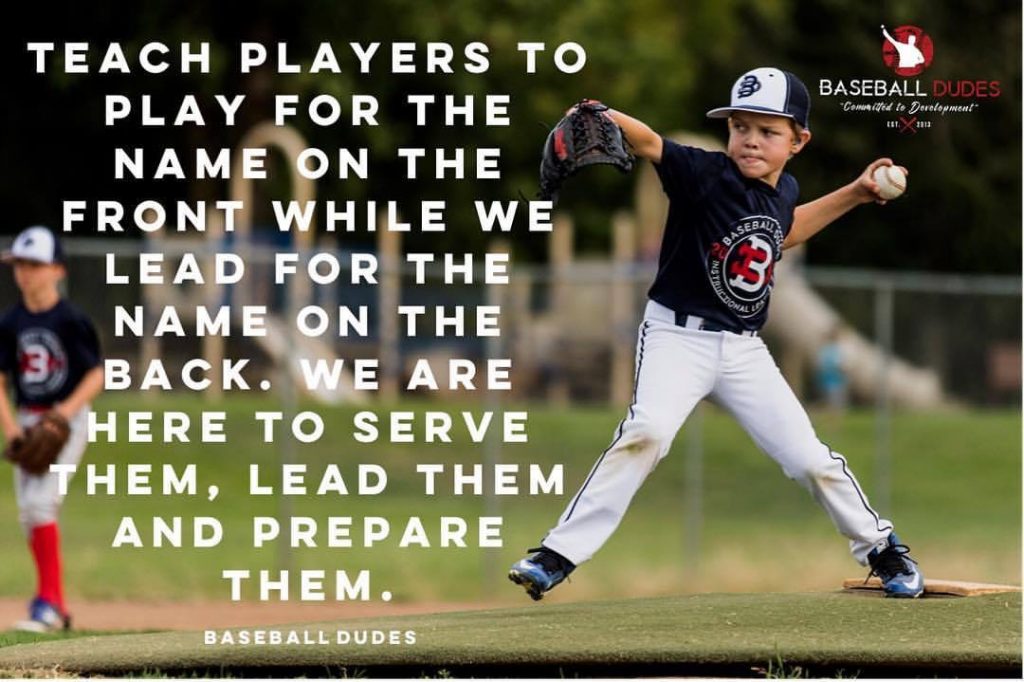
From a troubled teenager to a forty-five year old business owner and father of three.
I grew up in the Bay Area of California. Lived there until I was 13 years old. Was a Little League All Star, one of the top youth quarterbacks in our area and had a good circle of friends. The summer before my freshman year of high school my father received a transfer from the company he worked for and we relocated to the Northwest where we lived for the next 30 years.
Moving to a new town at this stage of life turned out to not be not so easy for me. I’m just a bit introverted (unless you want to talk about my children or baseball!) so finding new friends wasn’t the easiest. In football, no one knew me from Adam, the coaches pretty much had their teams made before the season started so I was never really given a chance and that season ended up being my last (guess my passion for it wasn’t that deep). The Baseball season started on the same note. My supportive parents finally convinced me to ask the coach for a meeting to express my feelings about how I felt I could help the team. That season ended on a good note with me proving my worth.
Fast forward to my sophomore year, I started running with the wrong crowd, made too many poor choices and even ended up leaving home for a couple weeks. Being a parent now, having two sons who have graduated HS, I can now imagine the pain I put my parents through. I’ve apologized on multiple occasions to them for the heartache I caused them during that phase in my life (lump in my throat). On the field, I had a good season and even got to spend a little time with the varsity team.
At some point during my junior year, I must have done some maturing. My circle of friends grew for the good, my dedication to the game became stronger, my academics started to improve and doors opened (I was invited to participate in the Area Code games as there were no tryouts back then) with the realization that there was a real chance to do something with Baseball beyond high school.
My senior year I committed to Texas A&M but chose to become a professional after being drafted in June of 1996. Three days after graduating I was gone. I had to grow up fast, start making my own decisions, start learning how to relate to people from all over the country, from different parts of the world and quickly realized that if I wanted to make it all the way, I had to be different.
As my career chugged along, my first handful of seasons were a roller coaster, good season, rough season, good season, rough season. Looking back, I really struggled with my work ethic (didn’t push myself hard enough) and struggled with accountability (every failure was my teammates, the umpire or my coaches fault). Put those two together and you get one unprepared emotional mess.
During my seventh season our first child was born. I still remember to this day being in our apartment in Colorado Springs realizing that life would never be the same. I could not be selfish anymore. This new person in my life needed me more than anything else. My wife needed me more than anything else. Every choice, every action, every behavior needed to be made with them in mind. Now it was time to REALLY grow up! Coincidently I also found myself in front of a coach who taught me more about pitching than all my seasons before. When I look back, this could also be when I was finally ready to receive the instruction (when the student is ready, the teacher appears).
From that day forward, the game taught me how to deal with so much. I started taking responsibility for my own preparation. Started understanding how weak I had been all those years blaming everyone and everything else for my faults. Started accepting every failure as a lesson (seeing them as a way to grow and get better, not as an embarrassment). Stopped comparing myself to everyone else and just focused on being the best I could be (stopped obsessing over my teammates and opponents stats). Stopped going out of my way to tell everyone how I was doing and started asking them how they were doing. (if someone want’s to know how I am doing, they can ask but I am not going to volunteer it). Stopped looking for support and started giving support.
My playing career ended after fourteen seasons. A couple years later it led to a coaching career (though I had already been working with youth players for many many years before). This career taught me a whole new set of lessons. The first lesson the game gave me was that as a coach, I CANNOT behave like a player. It took me a whole season to get that out of my system. Once I realized how important this leadership role was to helping these kids all grow as ball players and people, EVERYTHING CHANGED. Every choice, every action, every behavior was now watched. Now emulated. Now a resemblance of my character and leadership.
The Game took a broken teenager and gave him direction. The Game took a selfish young player and showed him responsibility, accountability and how much of a strength selflessness really is. The Game broke me down and drove me to discover perseverance. The Game forced an average professional ball player to really figure out what it takes to become a big leaguer. The Game has blessed me with an avenue to provide for my family with. The Game took a retired player and is now teaching me what Leadership REALLY means every…single…day. The Game has given me Purpose and now provides me with countless opportunities to pass along everything it TAUGHT me.
The Game Fixed Me in more ways than anyone will ever know and THAT is what the Game means to me.
Founder of Baseball Dudes. Blessed with three beautiful children and an amazing wife. Baseball is my life, after my family, and I love sharing what I have learned from it. Thanks for taking the time to view what we offer here at Baseball Dudes.
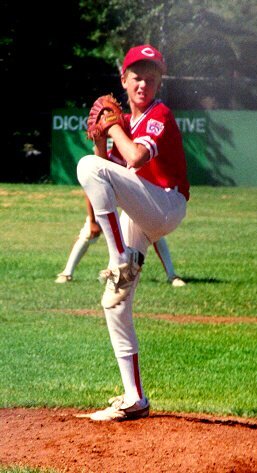 The most IMPORTANT day of my career:
The most IMPORTANT day of my career:
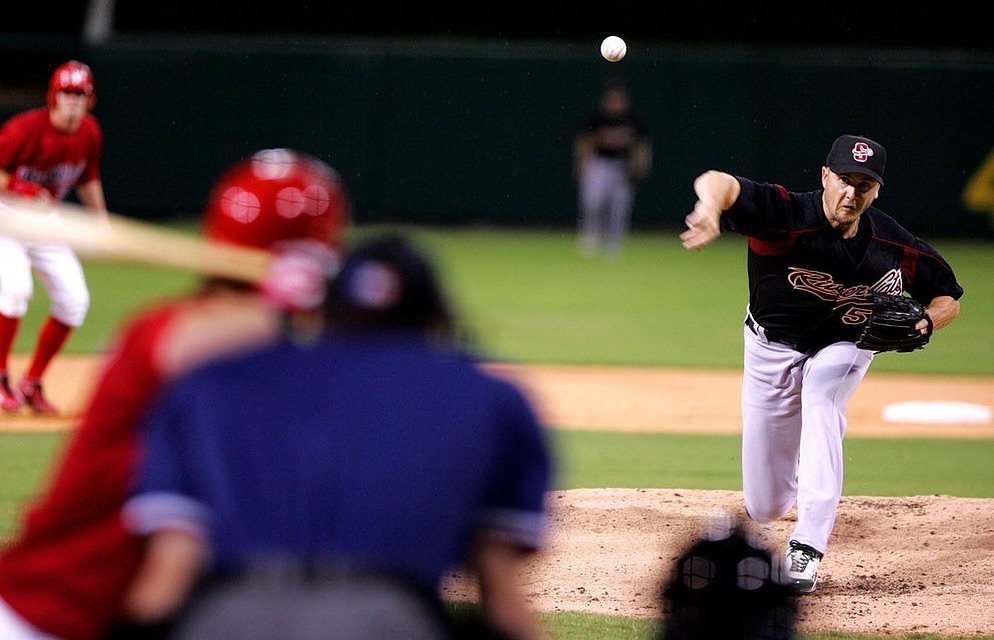 Was that I didn’t grow up sooner.
Was that I didn’t grow up sooner.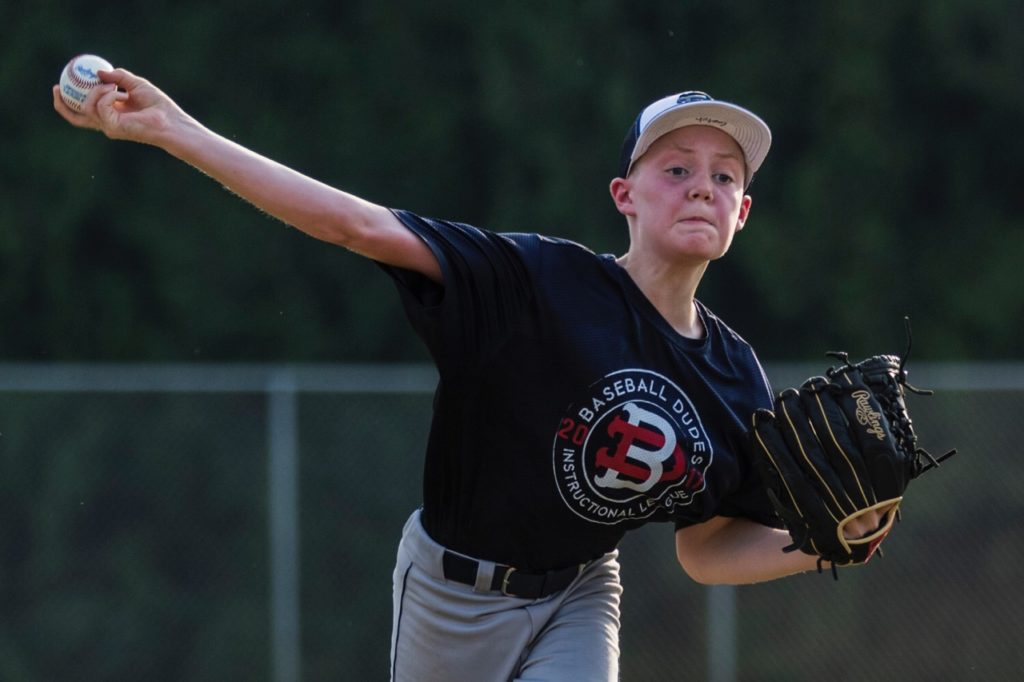 There is so much happening on every ball in play!! Most out there involved, coaches, players and parents “follow the ball” every time it’s hit unknowingly missing most of what’s happening away from the ball which is often just as important as what the players fielding the ball are doing. From backing up bases to moving to proper cut/relay positions to covering bases to infielders watching to make sure the runners are touching the bases. When done well, a team with multiple coaches and well trained players shouldn’t miss a beat. For our coaches, designate coaches on the coaching staff to specific areas. For example:
There is so much happening on every ball in play!! Most out there involved, coaches, players and parents “follow the ball” every time it’s hit unknowingly missing most of what’s happening away from the ball which is often just as important as what the players fielding the ball are doing. From backing up bases to moving to proper cut/relay positions to covering bases to infielders watching to make sure the runners are touching the bases. When done well, a team with multiple coaches and well trained players shouldn’t miss a beat. For our coaches, designate coaches on the coaching staff to specific areas. For example: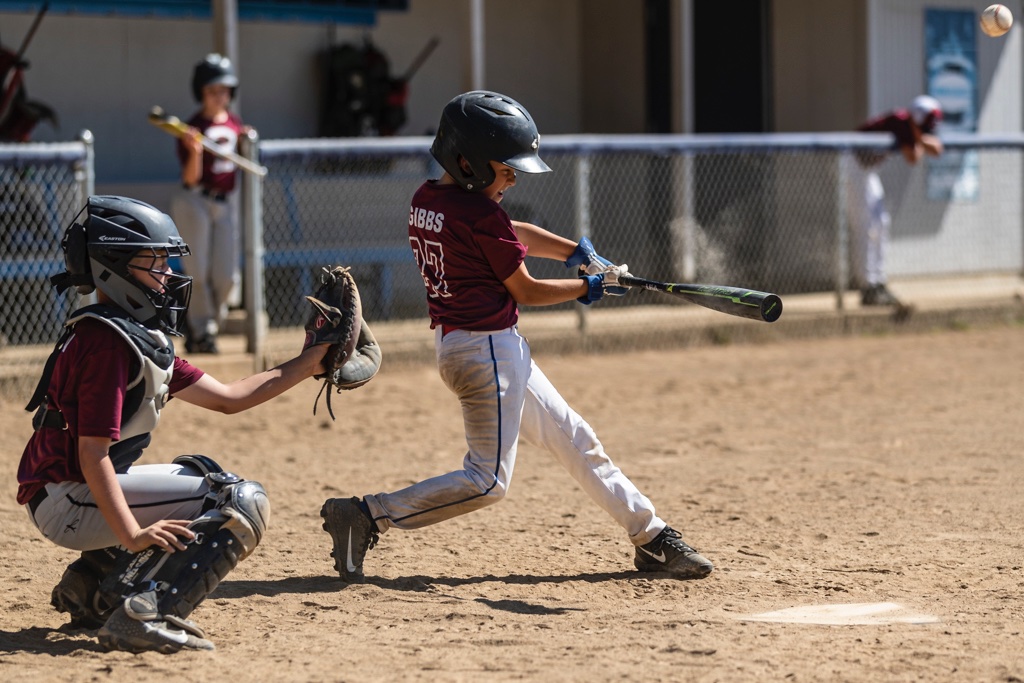 Take this for what it’s worth to you.
Take this for what it’s worth to you.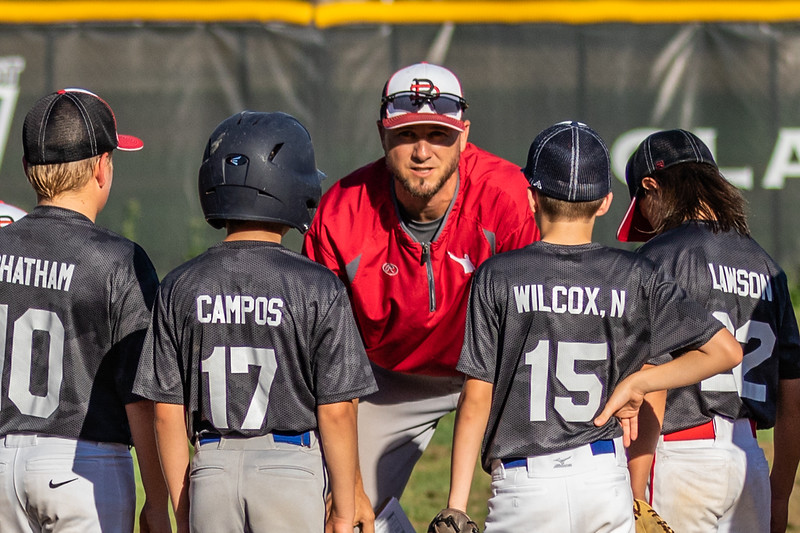
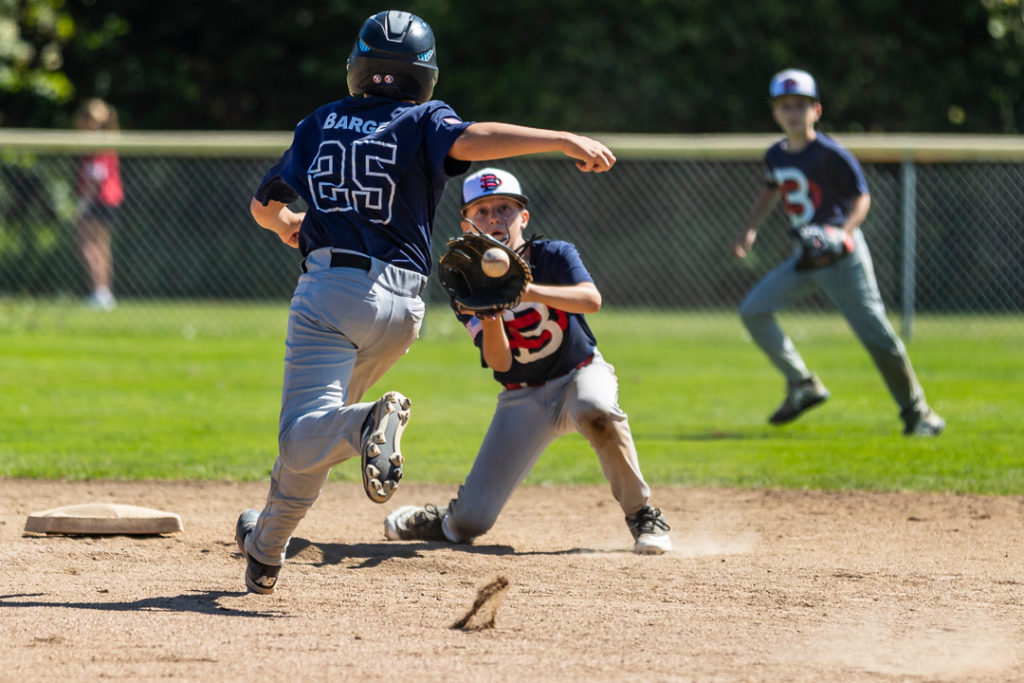 • Position players, study the opposing pitchers. Look for patterns in pitch selection. Tells in their delivery. How they handle hold times and pick off moves with runners on. See if they pay attention to the runner on third.
• Position players, study the opposing pitchers. Look for patterns in pitch selection. Tells in their delivery. How they handle hold times and pick off moves with runners on. See if they pay attention to the runner on third.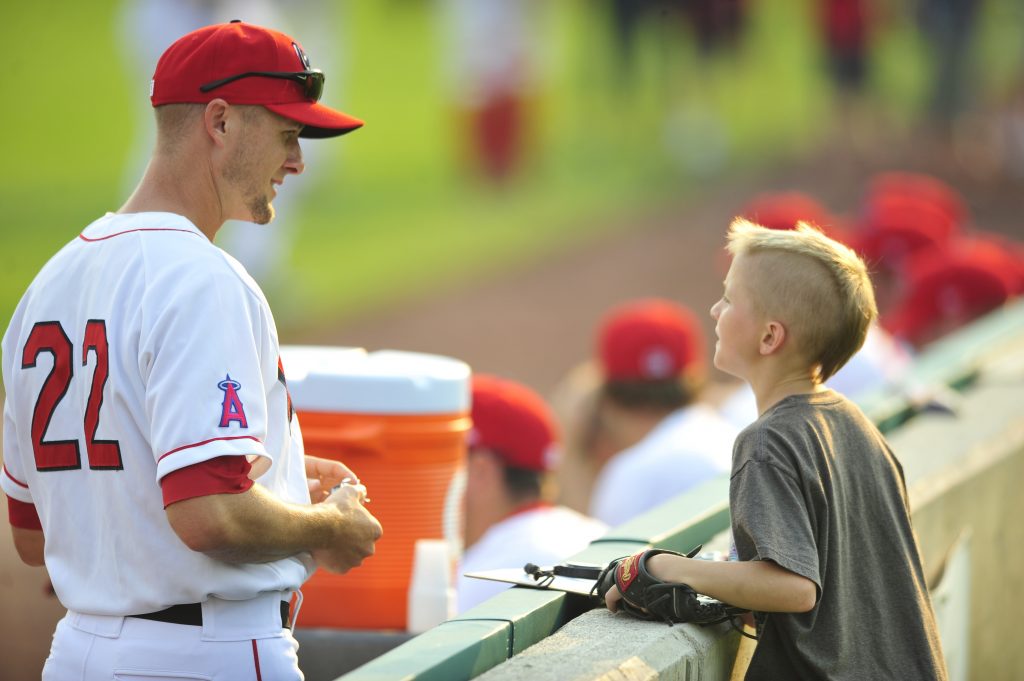 1. Control your emotions. Be a consistent example of mental stability. Show them how to properly respond when things don’t go our way. They will be able to get the most out of their skills when they are mentally in control.
1. Control your emotions. Be a consistent example of mental stability. Show them how to properly respond when things don’t go our way. They will be able to get the most out of their skills when they are mentally in control.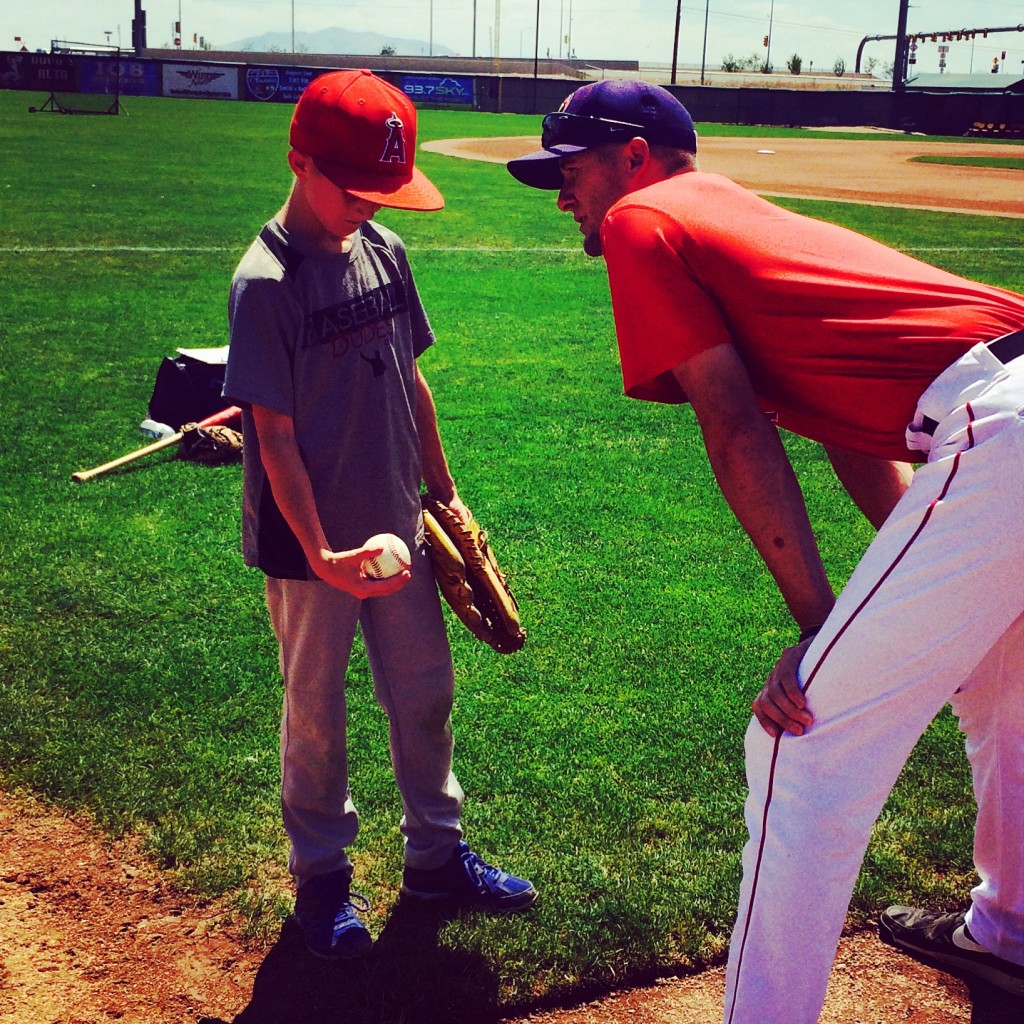 Besides physical tools, what goes on between our ears is absolutely vital for not just performing well but performing well consistently.
Besides physical tools, what goes on between our ears is absolutely vital for not just performing well but performing well consistently. 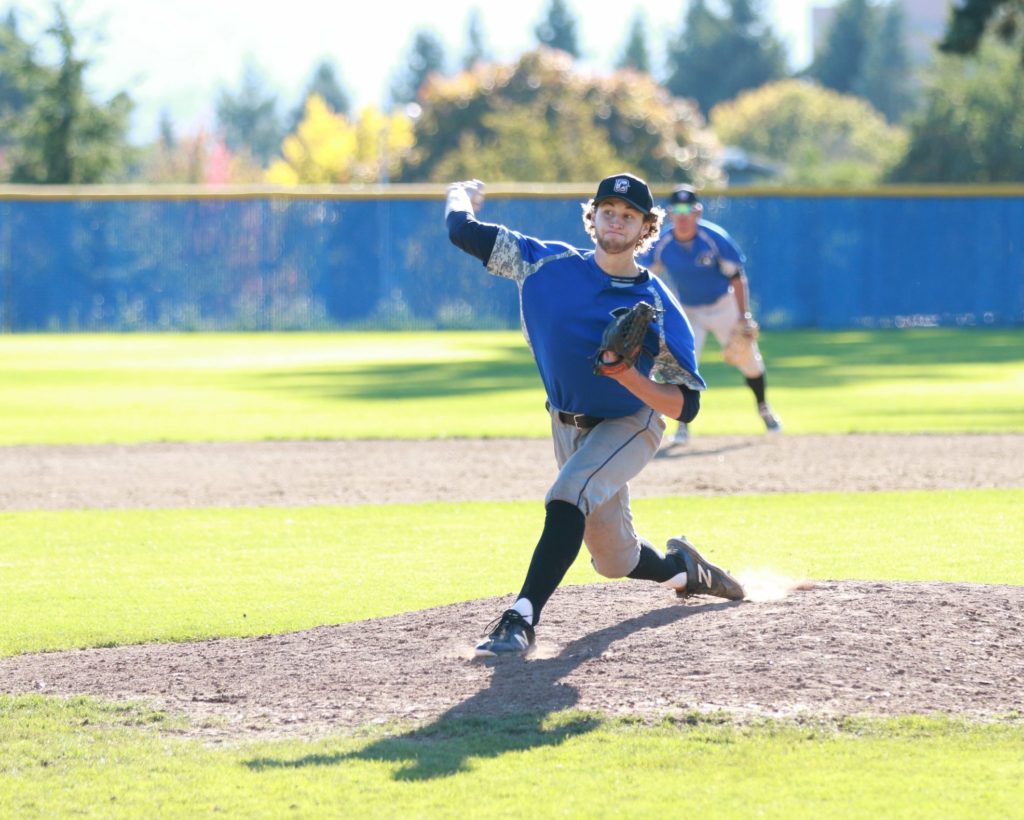 As pitchers we are always trying to be better. We work to throw harder. We try to get our change up to drop more. We would love for our breaking pitchers to be sharper. This is a constant desire for those that spend years doing it, that’s part of what striving for excellence looks like. Now, there are most certainly things we can do to make our stuff “play” better than what it actually is. “Play” meaning how our stuff appears to the batters. Here are 5 ways to help make this happen…
As pitchers we are always trying to be better. We work to throw harder. We try to get our change up to drop more. We would love for our breaking pitchers to be sharper. This is a constant desire for those that spend years doing it, that’s part of what striving for excellence looks like. Now, there are most certainly things we can do to make our stuff “play” better than what it actually is. “Play” meaning how our stuff appears to the batters. Here are 5 ways to help make this happen…
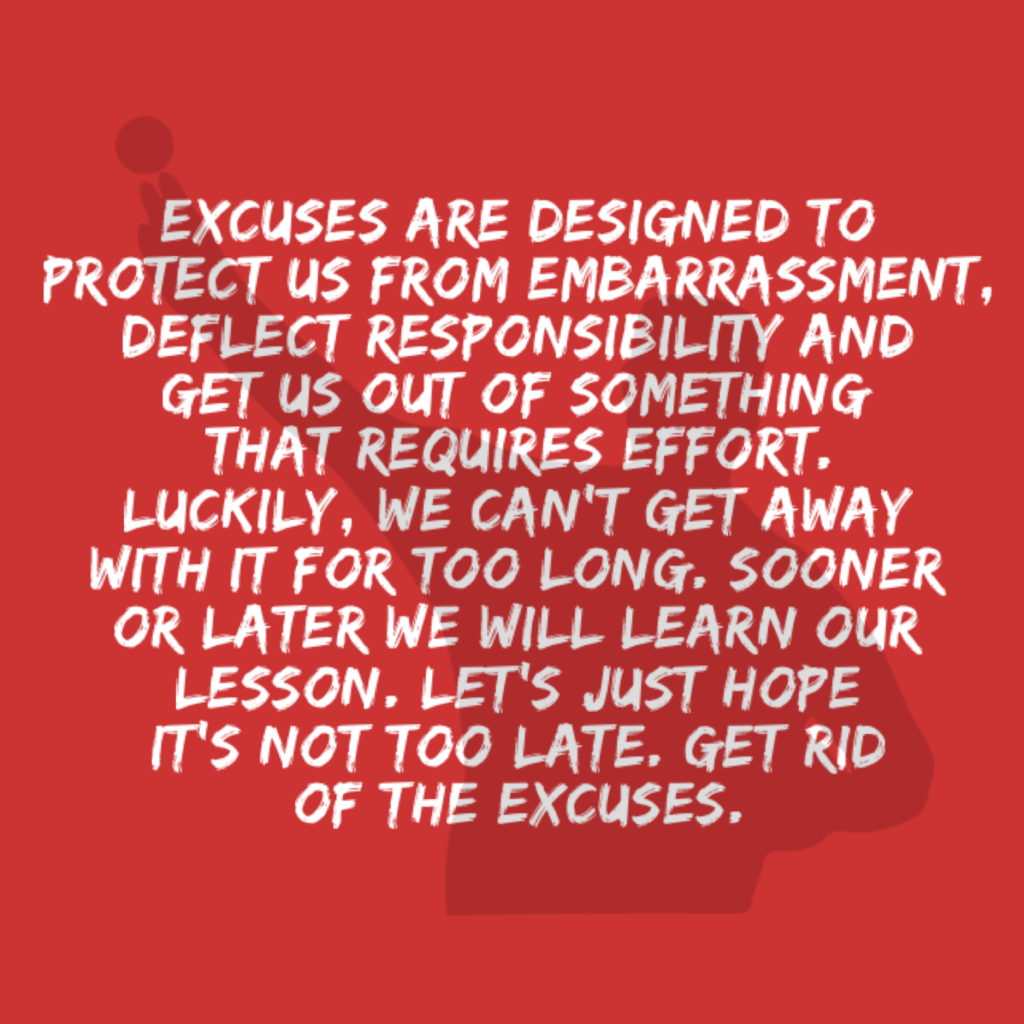 There are 24 hours in a day, 168 hours in a week and 8,760 hours in a year. “I don’t have time” is the most widely used excuse for not doing something. We have all used it at some point but we all need to realize that anytime we say it what we are actually saying is “It’s not that important to me” or “There are other things I would rather be doing.”
There are 24 hours in a day, 168 hours in a week and 8,760 hours in a year. “I don’t have time” is the most widely used excuse for not doing something. We have all used it at some point but we all need to realize that anytime we say it what we are actually saying is “It’s not that important to me” or “There are other things I would rather be doing.” Everything happens the exact way it’s meant to happen.
Everything happens the exact way it’s meant to happen.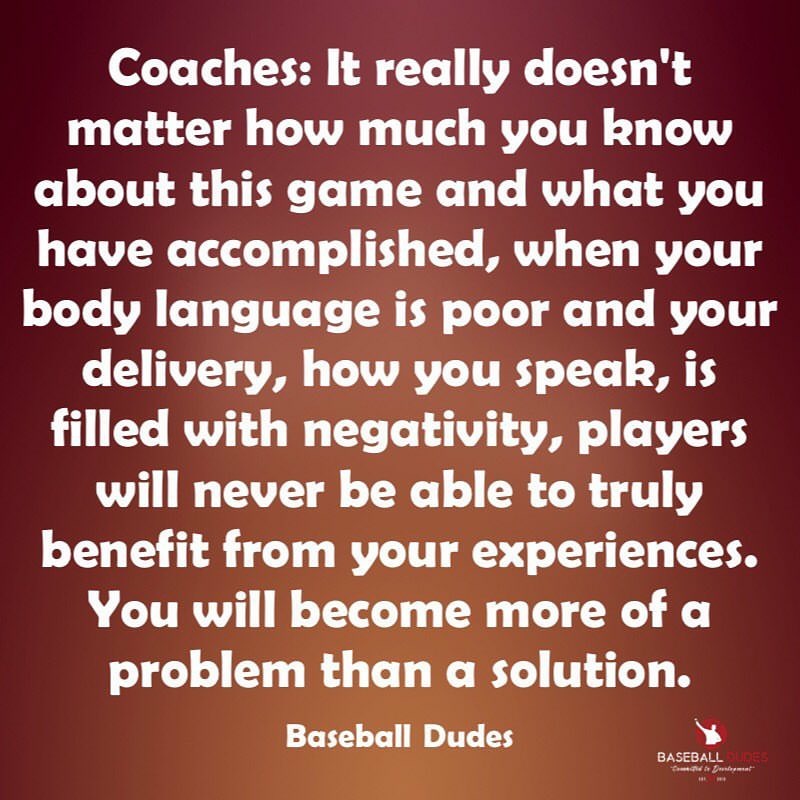 A few things we’ve learned over the years:
A few things we’ve learned over the years:
